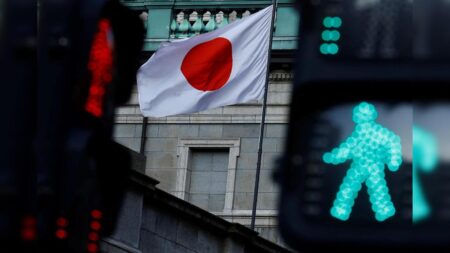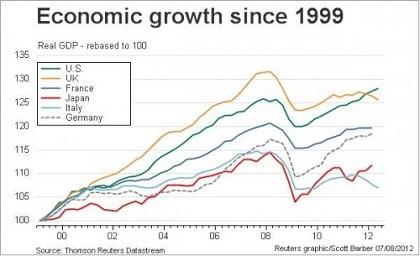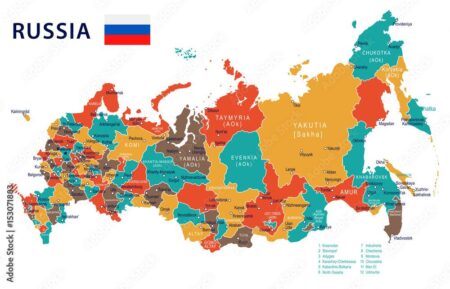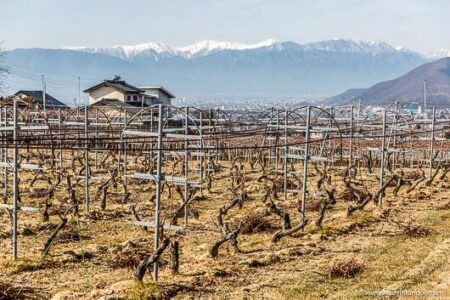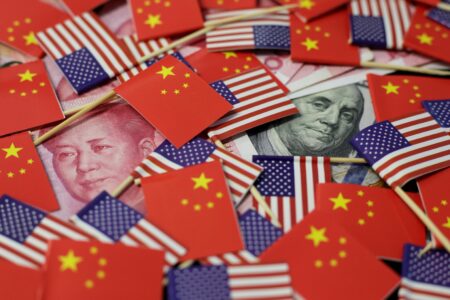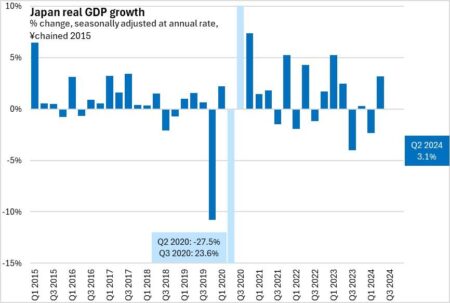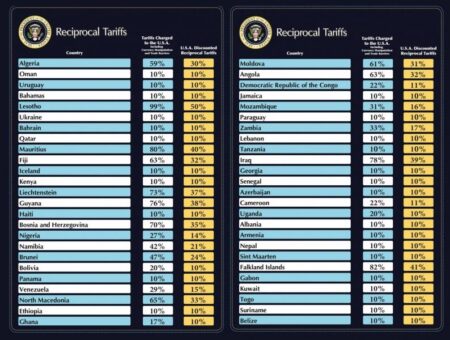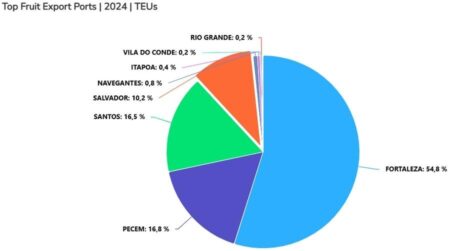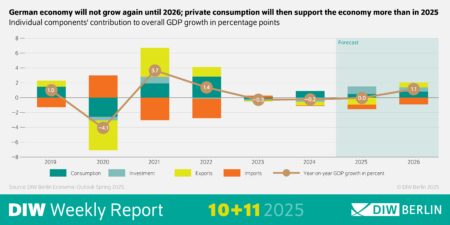In a surprising turn of events, Japan has relinquished its title as the world’s top creditor nation to Germany, marking the end of a remarkable 34-year reign. This significant shift highlights Japan’s mounting debts and sluggish economic growth, while Germany’s thriving exports continue to strengthen its financial prowess on the global stage.
Browsing: Economy
Argentina’s black market for dollars is witnessing a notable decline as the government takes steps to relax stringent currency controls. This strategic shift is designed to bring stability to the economy, yet hurdles remain. With inflation and economic uncertainty still looming large, public confidence continues to waver.
As global tensions rise, Germany stands at a crossroads, grappling with pivotal decisions that will shape its economic destiny. Yet, leading economists caution that Friedrich Merz’s plans for rearmament and austerity might fall short in tackling the deeper issues of sustainable growth.
Russia is gearing up for another round of sanctions, ramping up the pressure on its already beleaguered economy. Yet, President Putin has faced economic hurdles in the past and may have a few tricks up his sleeve to soften the blow once more.
Japan’s winemaking scene is flourishing like never before, having doubled in size over the last decade! This exciting growth can be attributed to a blend of factors, including the impacts of climate change, a surge in local enthusiasm for wine culture, and robust government backing for vineyards. As a result, a fresh wave of innovative wineries is emerging across the country, each bringing unique flavors and stories to the table.
In an intriguing cultural shift, Bloomberg highlights the blossoming fascination with Greek culture in Japan. Although historical ties may be sparse, a vibrant enthusiasm for Greek cuisine, philosophy, and art reveals an unexpected bond forming between these two nations.
In his latest campaign push, Javier Milei is on a mission to “paint Argentina violet,” representing a dramatic transformation in policy and governance. This audacious libertarian candidate is determined to shake up the political scene, pledging sweeping reforms that promise to breathe new life into the economy
Germany’s new government is set to revolutionize the economy by prioritizing green initiatives and embracing digital transformation. Experts are buzzing with excitement over anticipated investments that could ignite robust growth, while potential tax reforms promise to reshape fiscal policies in the coming years.
Japan’s economy faced a surprising setback in the first quarter of 2023, contracting at an annualized rate of 0.7%, as reported by Reuters. This unexpected downturn underscores persistent challenges, such as sluggish consumer spending and global economic headwinds that continue to hinder recovery efforts.
Firms in Guangdong are breathing a sigh of relief following a recent ‘ceasefire’ in US-China trade tensions, sparking renewed optimism for stability. Yet, as geopolitical uncertainties linger, many are shifting their focus towards diversification strategies to safeguard against potential risks.
In a bold and contentious decision, President Javier Milei has unveiled tough new measures to curb immigration, with the goal of igniting national pride and revitalizing the economy. His administration contends that reducing the flow of foreign arrivals is crucial for Argentina’s comeback.
Japan’s stock market wrapped up the day on a positive note, with the Nikkei 225 inching up by 0.01%. Investors are navigating through a landscape of mixed corporate earnings and global market dynamics. Analysts are keeping a watchful eye on potential economic shifts and the evolving relationship between the U.S. and China.
Japan’s economy has taken a surprising turn, contracting for the first time in a year and sparking worries among analysts. This unexpected downturn arrives just as looming tariff increases threaten to add more pressure on growth. Economists are sounding the alarm, suggesting that this trend could be an early warning of more significant economic hurdles on the horizon.
Former President Donald Trump took aim at Apple CEO Tim Cook, expressing his discontent over the decision to shift iPhone production to India. He argued that this move jeopardizes American jobs and stifles innovation at home. Trump’s comments underscore the persistent friction surrounding manufacturing and economic strategy in the United States.
Exciting news from Argentina! The country is set to scrap import tariffs on essential consumer electronics like cell phones, televisions, and air conditioners. This bold move is designed to spark competition and bring down prices for consumers, all while navigating through ongoing economic hurdles.
Brazil’s fruit exports to Europe have skyrocketed by an impressive 14%, showcasing the nation’s expanding influence in the global agricultural arena. This remarkable growth is a testament to the soaring demand for tropical fruits, as consumers increasingly crave vibrant and nutritious choices.
In an exciting development, China is poised to boost its investments in Brazil by a staggering $27 billion, as revealed by President Lula. This strategic initiative is designed to fortify economic connections and elevate collaboration in key areas such as infrastructure and energy, marking a significant step towards a dynamic partnership.
Germany’s newly appointed economy chief is ready to transform the nation’s industrial scene with an audacious strategy that emphasizes bold risk-taking, swift decision-making, and significant investments. This dynamic approach seeks to breathe new life into the economy as it navigates through global challenges.
A recent trade agreement, hailed by the Trump administration, has come under fire as yet another “con on American workers.” Critics argue that this deal overlooks crucial labor rights and environmental protections, sparking serious doubts about its actual advantages for the economy.
Australia, once celebrated as the “Lucky Country,” now grapples with a series of economic hurdles, including soaring inflation and widening inequality. Recent fluctuations in commodity prices and global uncertainties cast a shadow over the nation’s resilience, igniting a call for immediate reforms.

